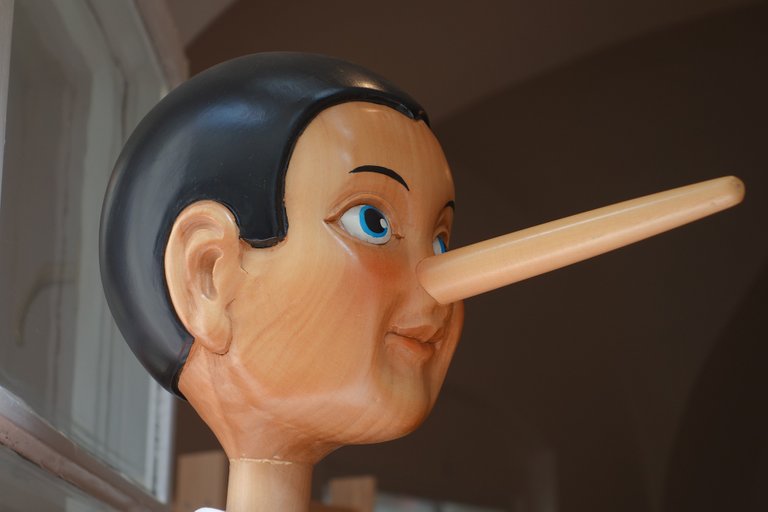The Science Of Lying
People most often lie to their close ones but usually for very petty reasons. On the other hand, expert liars are eloquent and wrap their lies into otherwise true or at least believable stories so they are hard to detect.

Image by Roland Schwerdhöfer from Pixabay
- Be also sure to check out my other posts and follow me @kralizec and subscribe to my Youtube channel at Kralizec Gaming Youtube Channel
Lying is an incredible phenomenon that certainly deserves to be researched. And the research brings us interesting results. A recent study that was led by Brianna Verigin from the University of Portsmouth in Britain claims that good liars are well-spoken and at the same time they lie more often than other people. Most often they lie to their family, friends, partners, and their coworkers and least to the government and their employers.
Expert liars prefer lying face to face before lying in texts. What might surprise you, the public space where they lie the least are social media – even though theoretically this is the easiest place to lie at. Researchers also found that the is a correlation between the self-evaluation of a person as an expert liar and their gender. Men tend to say they are expert liars twice as often compared to women.
Previous research shows that most people say one to two more serious lies per day – sometimes not even that. Briana Verigin and her colleagues add that only a small percentage of liars are responsible for about 40 % of all said lies. These “superliars” lie without blushing to their closest. These expert liars rely on their good oratorical skills. They weave their lies together with the truth to make their lies hard to detect. They are also very good at masking their lies as simple and clear stories that just do not seem suspicious at first glance.
The study included 194 volunteers – half men, half women with an average age of 39 years. The researchers asked them a good number of questions in which they tried to find out whether the volunteers (in their own opinion) good at lying, how many lies they told in the past 24 hours, what lies those were, and what kind of communication they used while lying.
You should know that people usually aren't as good at detecting lies as much as they think they are. The team focused on the very best of liars and how and to whom they lie. Their results indicate that one of the key ingredients of a good lie is to give a believable story that is close to reality yet doesn't give too much information. Another thing that the study showed is the more someone believes that he or she is a good liar the more they lie. But the true expert liars add a bit of truth into their stories and the bed liars try to say the least amount possible in their lies. Also, being a good liar does not correlate with the highest achieved educational level.
The research shows that even when lying we are social animals and not aggressive monsters. People don't lie most often to gain some benefits or to hurt someone. The most common lies are merciful lies that we use to try to make an uncomfortable truth more palatable.
Sources:
- If you like the content I’m producing about science maybe you will like the content I produce about gaming as well! Be sure to check out my other posts!
-- George Washington